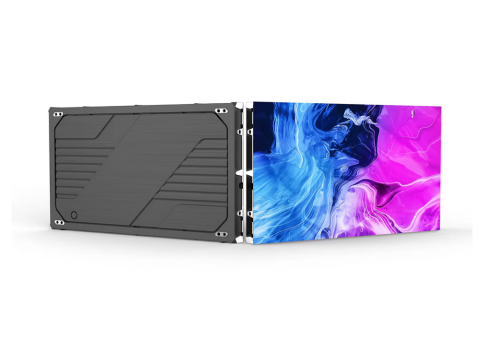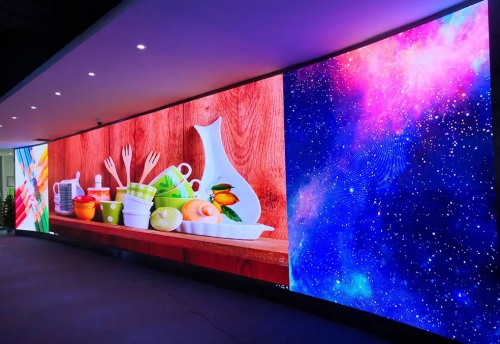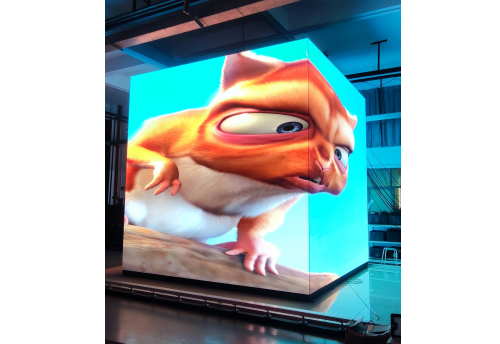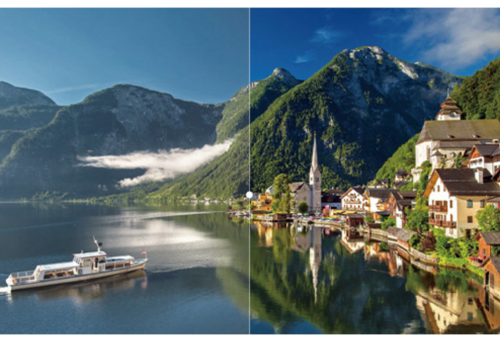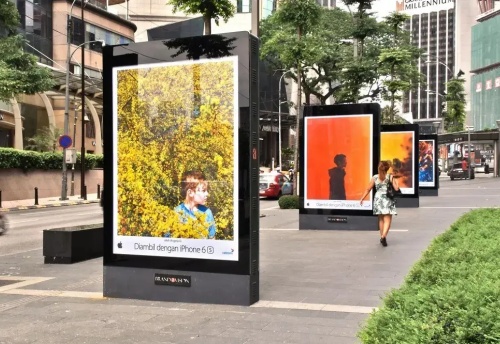Technical Guide: Moisture Prevention and Dehumidification for Fine-Pitch LED Displays
With the rapid developing of LED technology, fine-pitch LED displays have increasingly replaced traditional DLP, LCD splicing, and projection products. Proper display maintenance became more important, it is essential to ensure operational efficiency and extend life-span.
Key Maintenance Tips:
1. Environment Monitoring: Maintain a temperature ≤30℃ and humidity ≤60% RH.
2. Regular Usage: Make display working at least twice a week for 2 hours each time. If unused for 5 consecutive days, preheat and dehumidify before resuming operation.
Waterproof ≠ Moistureproof
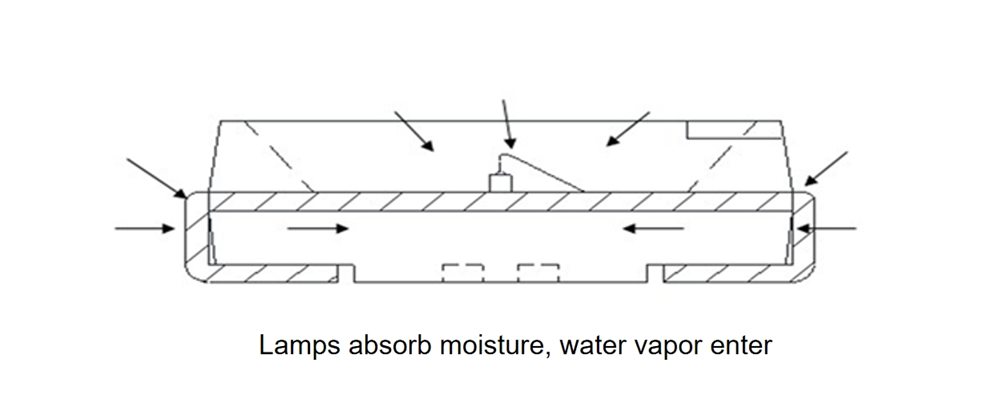
Moistureproofing prevents vapor infiltration. LED components are made with materials like epoxy resin, they are prone to moisture absorption. This makes them highly moisture-sensitive.
Dangers of Moisture in LED Displays
When moisture infiltrates LED components, water vapor containing halogens may penetrate the device. If powered, the halogens in the water vapor can chemically react with internal metals, leading to:
Short circuits or leakage
Electrode loss
Dead pixels or abnormal brightness
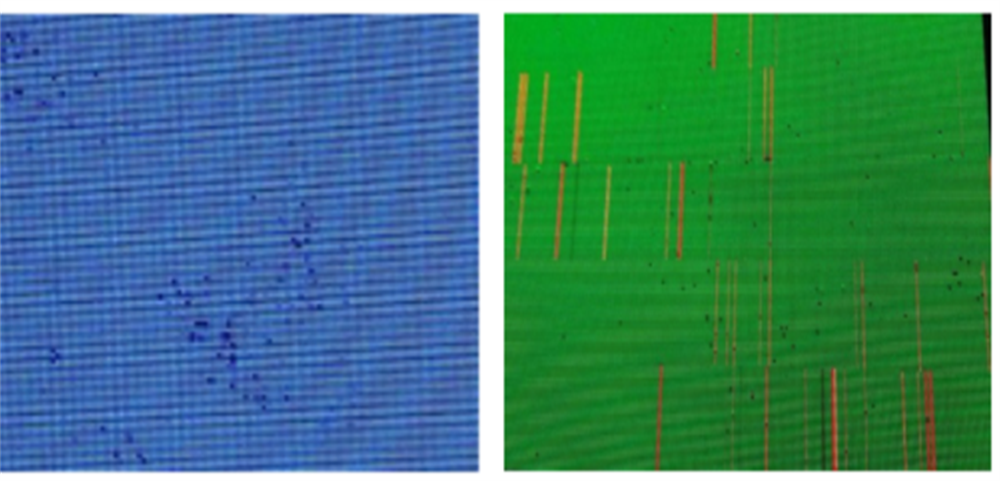
Storage Guidelines for LED Components
Storage and Transport: Elevate components off surfaces to prevent direct contact with moisture. Ensure storage environments are monitored for temperature and humidity.
Recommended Conditions: Temperature: <30℃, Humidity: <60% RH.
Use desiccants during storage and transport.

Packaging for Spare parts
Employ vacuum or sealed packaging with desiccants.
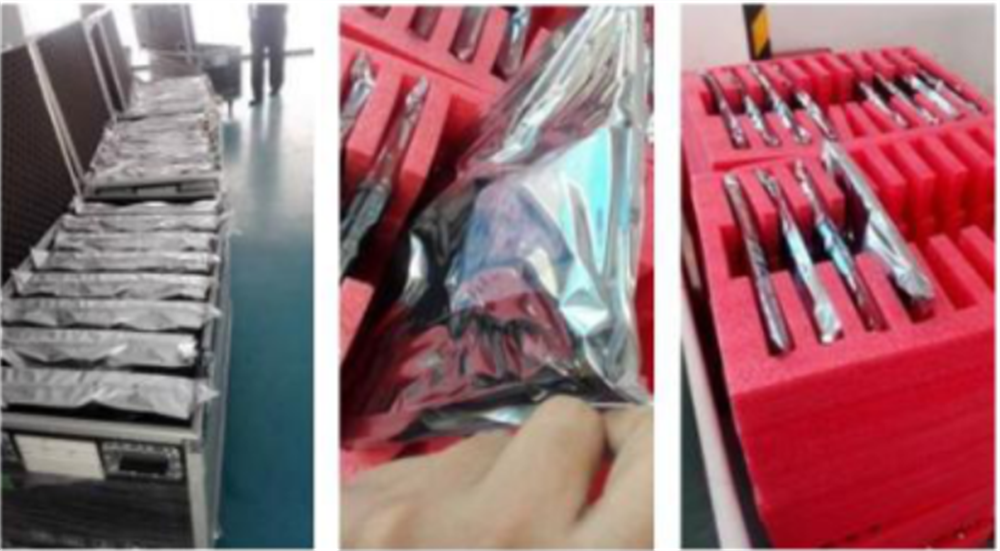
Indoor Dehumidification Methods
1. Use Desiccants: Place desiccants indoors to absorb moisture.
2. Ventilation: Ensure ventilation during non-humid weather.
3. Air Conditioning: Use air conditioning to reduce humidity.
4. Dehumidifiers: Employ specialized dehumidifiers.
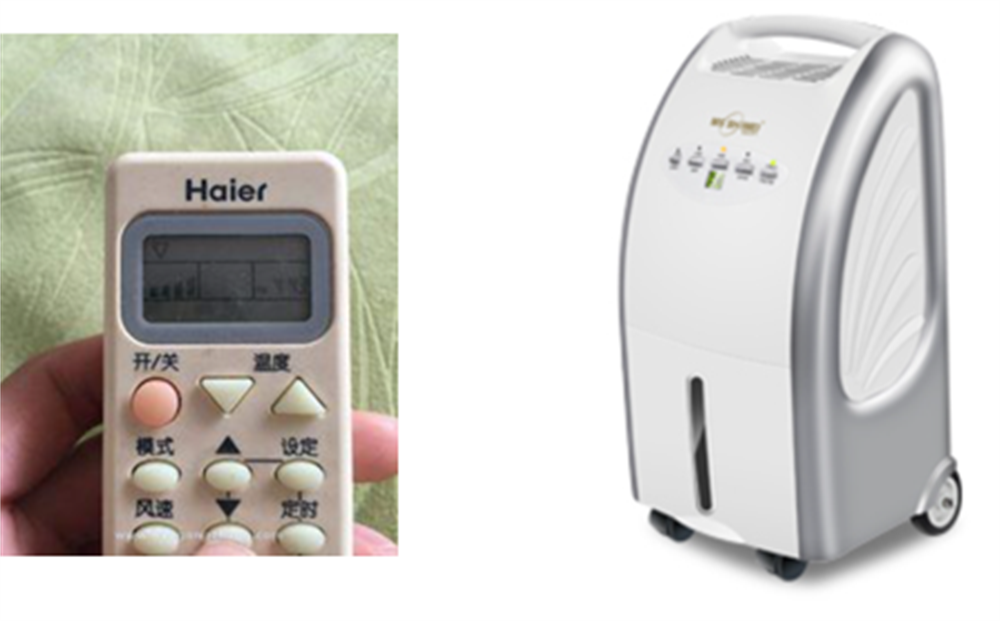
Dehumidification for Idle Screens
For displays unused for 5-10 days, dehumidify before use by gradually increasing screen brightness:
No. | Brightness Level | Aging Time |
1 | 10% | 1H |
2 | 30% | 2H |
3 | 60% | 2H |
4 | 80% | 2.5H |
5 | 100% | 0.5H |
Precautions for Cleaning and Disinfection
Avoid disinfectants containing chlorine or bromine (e.g., 84 disinfectant) to prevent corrosion of LED components. Use alcohol-based or quaternary ammonium disinfectants with care.
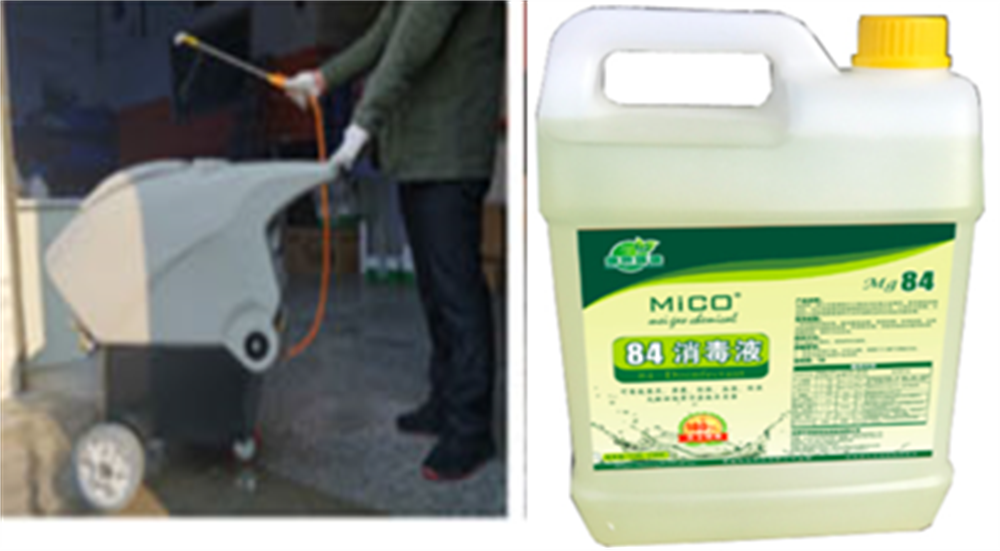
Dust Removal
To ensure optimal performance, clean the display surface monthly using an anti-static soft brush.
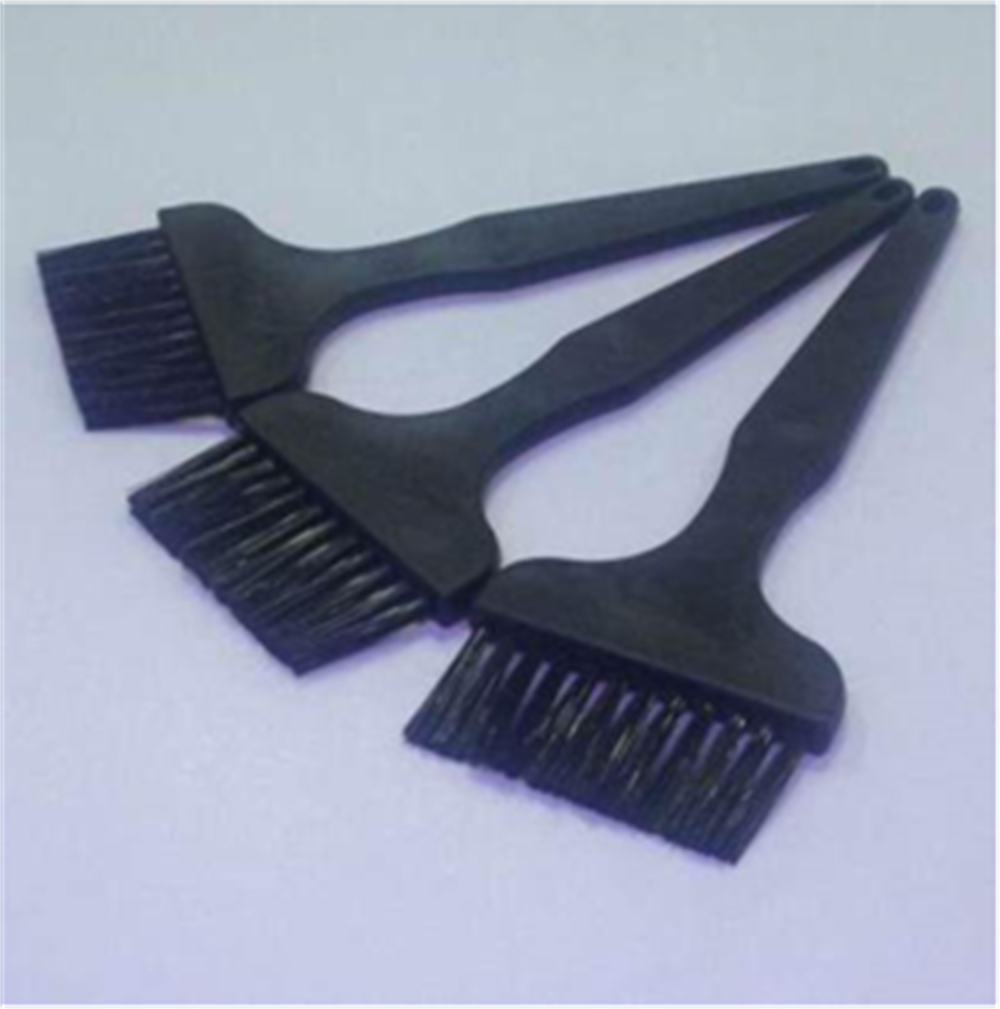
As fine-pitch LED displays become more widely used in commercial markets, proper maintenance is crucial to ensuring efficiency and prolonging lifespan.

